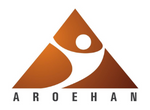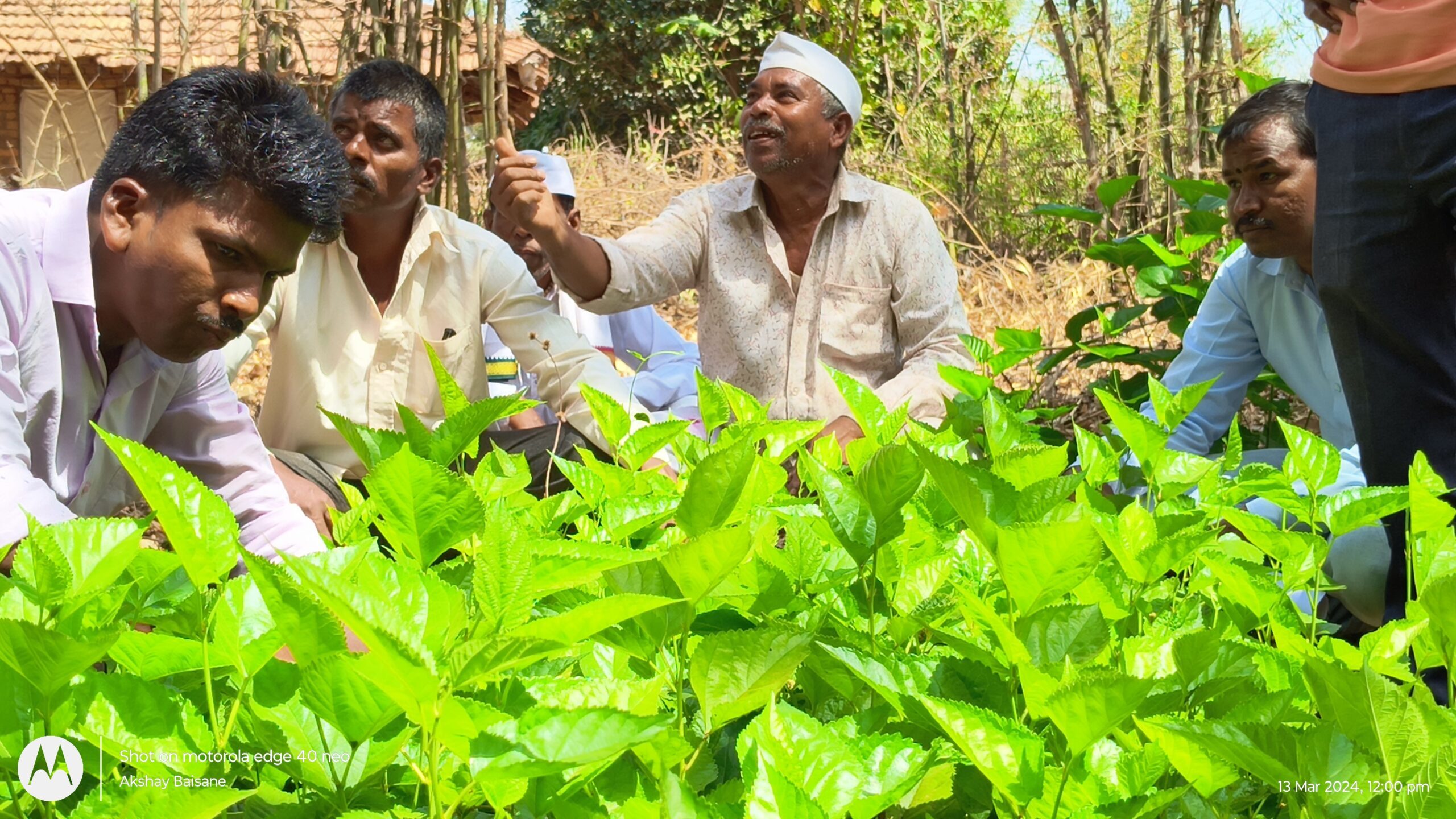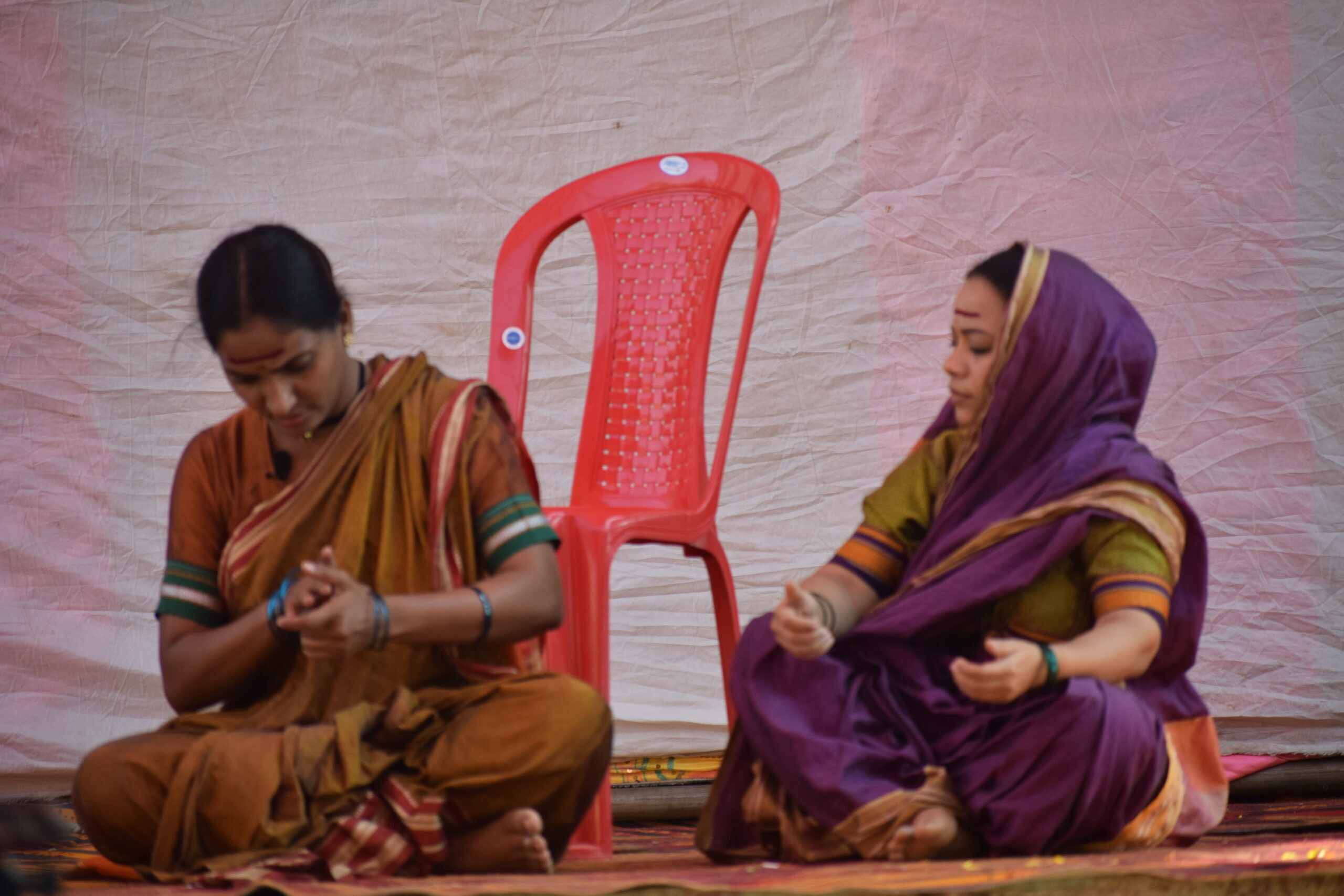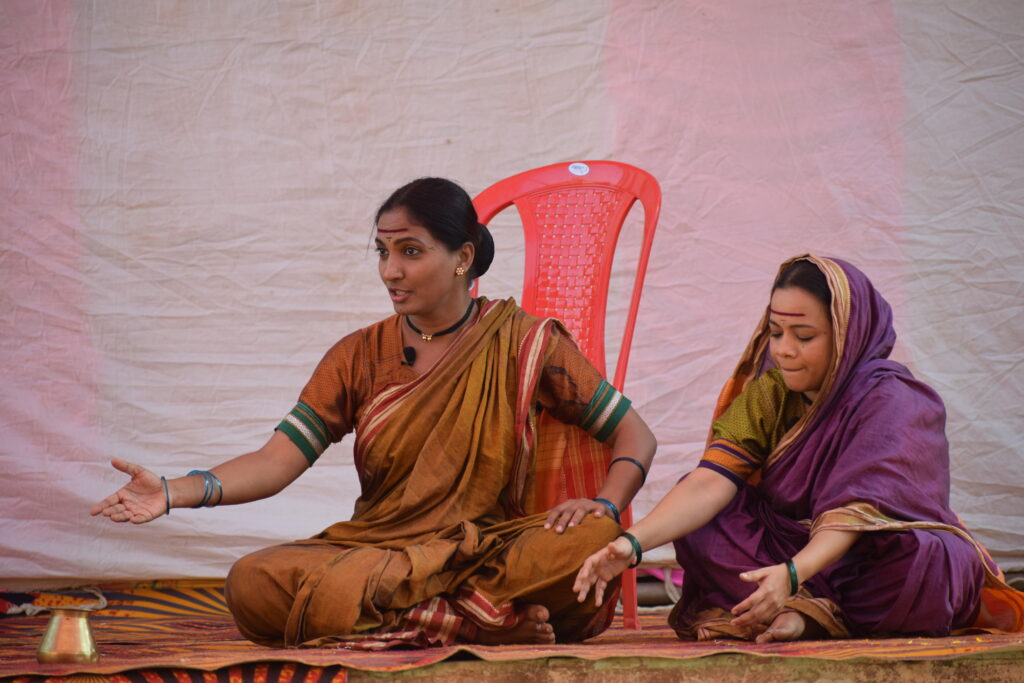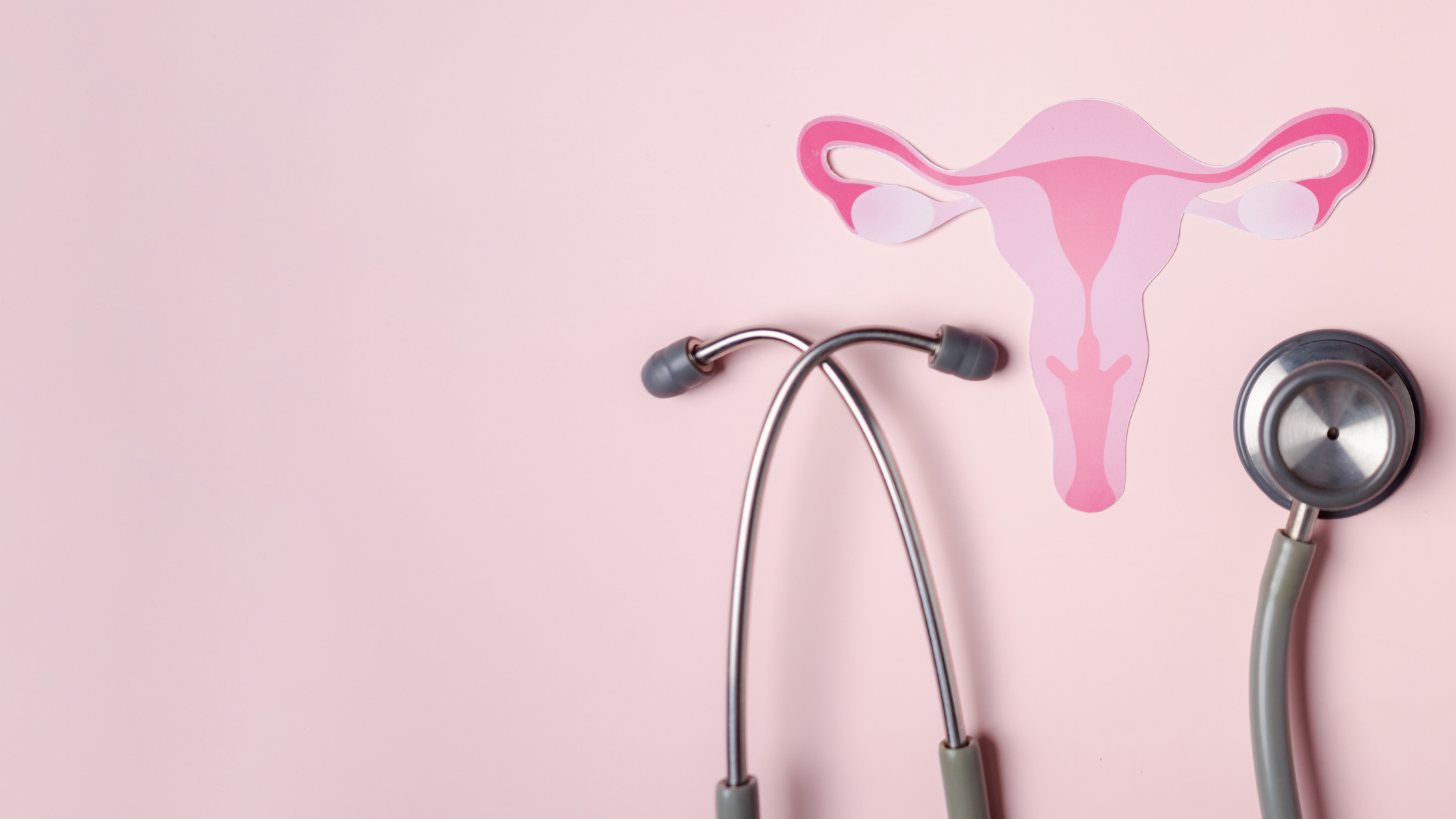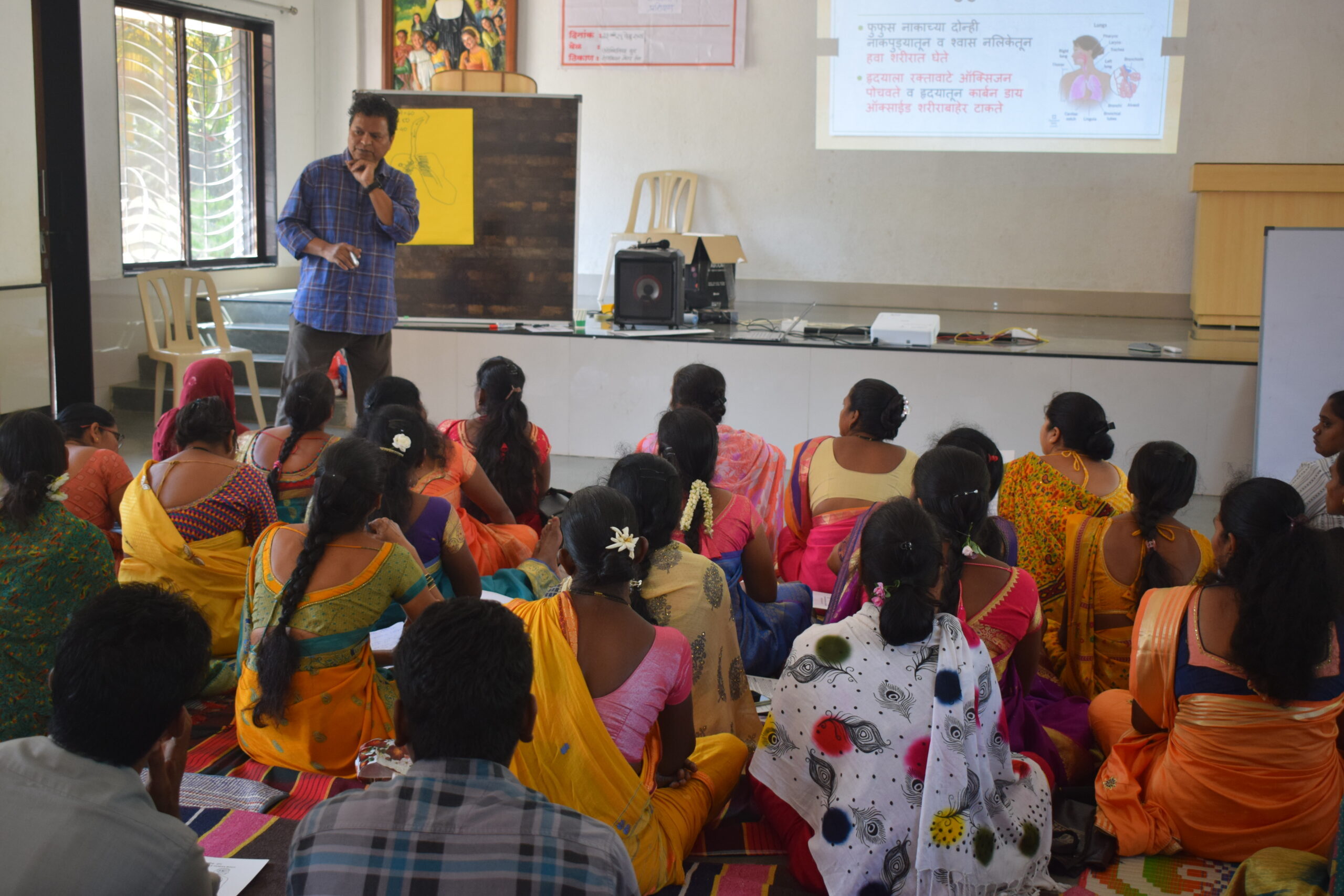AROEHAN activist Dhanashree came across a 14-year-old pregnant girl Pallavi (name changed) during her regular maternal and child health related interventions. Situated in Shisupada in Agavan Gram Panchayat of Dahanu, Aroehan has witnessed at least 56 teenage pregnancies in the past year. Pallavi’s male partner was 15 years old and she was in her 7th month of pregnancy. It is common among tribal communities that many adolescents cohabit after engagement or stay in a live-in relationship.
Despite being an at-risk mother, Pallavi was not registered anywhere in the health centre as well as Anganwadi due to fear of legal repercussions against her. Right to healthcare is a fundamental right but the health workers refused to provide her with any service fearing legal punishment. We convinced them to get her MCP (Mother and Child Protection) Card. While the PHC still did not register her as a mother, she was referred to Manav Seva Sangh, an NGO working for orphan children and less privileged mothers. She was able to get some check-ups and necessary medications were provided.
AROEHAN activist Sujata Ayarkar, who has worked with such cases before, along with Dhanashree went to the police station to intervene with this situation. Initially, the police officer was flipping tables and getting angry over the tribal community for “encouraging” such cases. The police dismissed the case speaking of the prevention, but what when the case has already occurred? After some time we received an off-the-record tip that if the parents of both the minors agree with the cohabitation, the case would be registered under Medico Legal Case and legal repercussions could be prevented against the minors and people helping her.
Pallavi was underage, anaemic, underweight, and an at-risk mother, which meant there were high chances of premature childbirth. She gave birth at Dahanu cottage but it was necessary to transfer her to a hospital with Neonatal Intensive Care Unit facilities. She was transferred to a government hospital with adequate facilities in Silvassa, which is a union territory inside Gujarat state. Our activists were behind her and ensured no legal actions were taken against her and the mother was able to deliver in a safe environment.
As per NIH, one out of every five adolescent girls becomes a mother before turning 18 in India. While we may have progressed in some areas, there are still vulnerable areas which need to be nurtured with proper education and development interventions. In this process, if there were cases of pregnancies, it would be inhumane and unjust of us to refuse them the health services and it also goes against our fundamental rights. We do not promote teenage pregnancies but we believe in every human’s right to safe healthcare.
